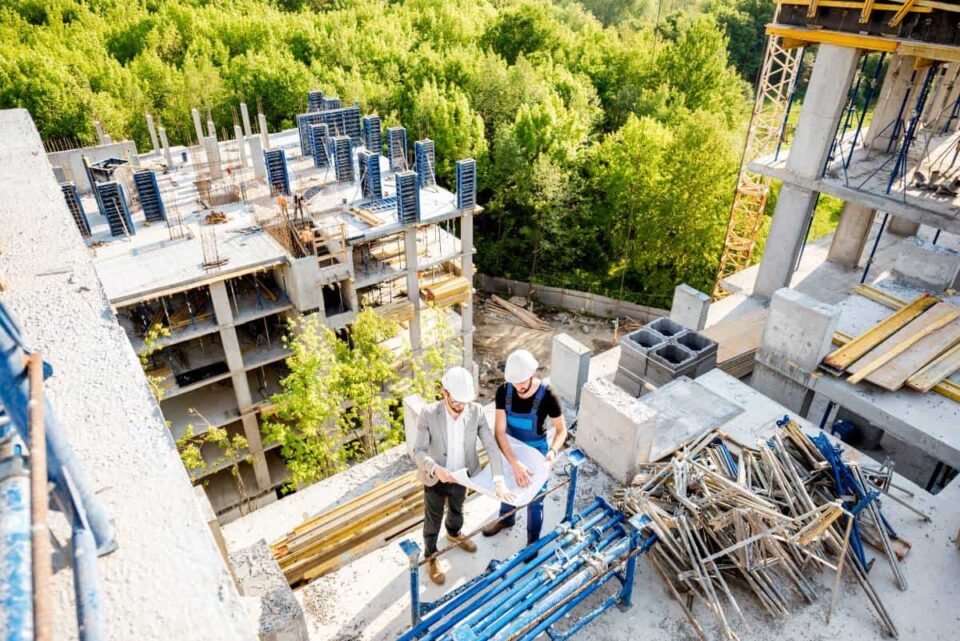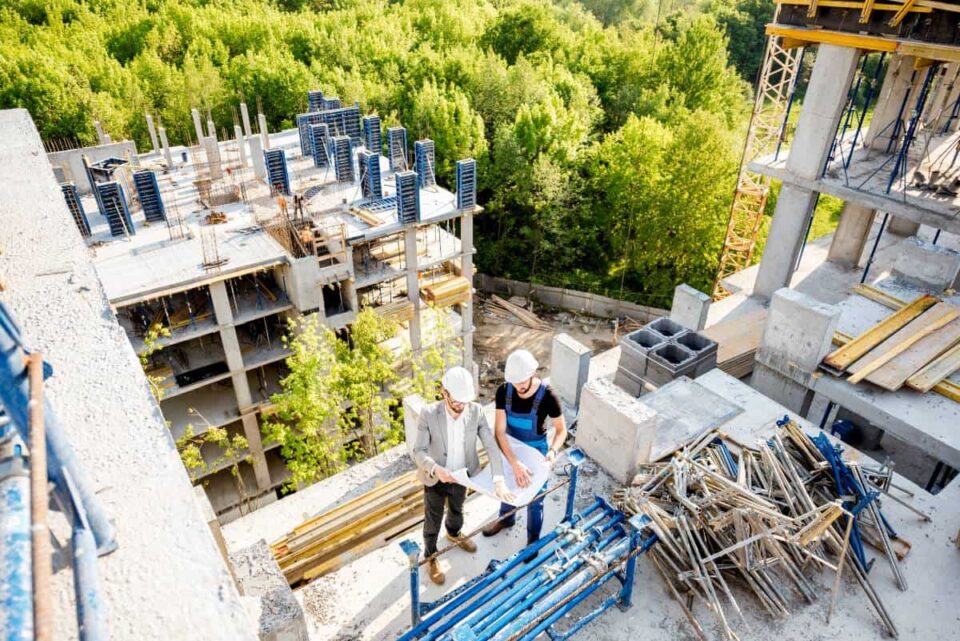Top 10 Tips for Choosing the Right Construction Contractor

Choosing the right construction contractor is a critical decision when embarking on any building or remodeling project. Whether it's a home renovation, a new office build, or a large-scale commercial project, the quality, timeliness, and cost-effectiveness of the work will largely depend on the competencies and reliability of the contractor you choose. Here are the top 10 tips to keep in mind when selecting a construction contractor for your next project.

1. Define Your Project Scope
Before you start reaching out to contractors, have a clear idea of what your project entails. Outline your objectives, the size of the project, the required materials, and any specific preferences you have. This clarity will not only help in communicating with potential contractors but also in assessing whether they have the right experience and resources to handle your project.
2. Check Credentials and Licenses
Ensure that any contractor you consider is licensed to operate in your area and has the appropriate credentials. Check with your local building department or licensing board to confirm that they meet all necessary criteria. Licenses are crucial as they ensure the contractor has met certain industry standards and qualifications.
3. Look for Experience
The experience of a construction contractor speaks volumes about their ability to handle various tasks and unforeseen challenges. Look for a contractor who has a solid track record in projects similar to yours. Ask for examples of previous work, and if possible, visit some of their completed projects to gauge the quality of their workmanship.
4. Verify Insurance and Bonding
An insured and bonded contractor protects you from potential liabilities such as accidents or damage to property during construction. Ask for copies of their insurance certificates and make sure they have both general liability and workers' compensation insurance. Bonding is also essential as it protects you in case the contractor fails to complete the project or fails to meet other financial obligations.
5. Assess Project Management Process
Effective project management is key to the success of any construction project. Inquire about the contractor’s project management processes. This includes how they plan, coordinate, and control the project from initiation to completion. Make sure their approach fits well with your expectations and requirements.
6. Check References and Reviews
Always ask for references from past clients who have undertaken similar projects. Reach out to these references to discuss their experiences, focusing on the contractor’s ability to stay on budget and schedule, as well as the quality of communication and finished work. Also, review feedback on online platforms and forums for additional insights.
7. Compare Bids and Quotes
Get detailed bids or quotes from several contractors. Ensure that each bid breaks down the cost of materials, labor, profit margins, and other expenses. This detailed proposal will help you to understand where your money will be going and allow you to make informed comparisons between different contractors.
8. Look for Communication Skills
Strong communication is crucial for any successful construction project. During initial meetings, assess whether the contractor listens well and understands your goals and concerns. Their ability to communicate effectively will influence every stage of the project, from negotiation to the resolution of any issues that may arise.

9. Consider Sustainability Practices
If sustainability is important to you, look for a contractor who has experience with green building practices. Ask about their use of energy-efficient materials and technologies, their waste reduction measures, and how they comply with environmental regulations. This not only helps to reduce your environmental footprint but can also result in long-term savings.
10. Trust Your Instincts
Finally, after you have conducted thorough research and evaluated all aspects of potential contractors, trust your instincts. Your interactions with the contractor should give you a gut feeling about their reliability and work ethic. If something feels off, it's better to continue your search rather than settle for a contractor who doesn't completely reassure you of their capabilities and integrity.
- Clarity in communication and detailed project definition are foundational.
- Proper credentials, licenses, and insurance are non-negotiable and legally required.
- Experience and past client testimonials give insights into real work executed.
- Comparative bidding helps in understanding the market and making financially sound decisions.
- Choosing a contractor with sustainable practices can leverage future-proof building techniques.
By following these top 10 tips, you will be better prepared to choose a construction contractor who not only meets your criteria but also enhances the success of your project through professional management and ethical business practices. The right contractor will make the construction experience as smooth and stress-free as possible, ultimately delivering a final product that meets or exceeds your expectations.


